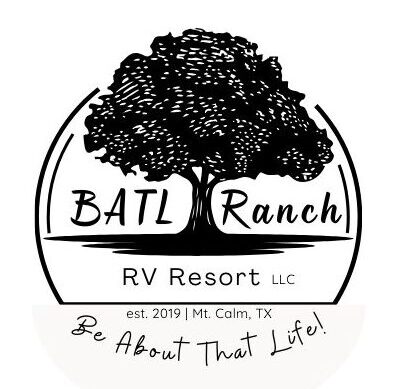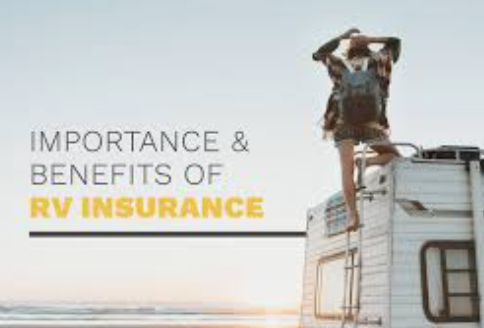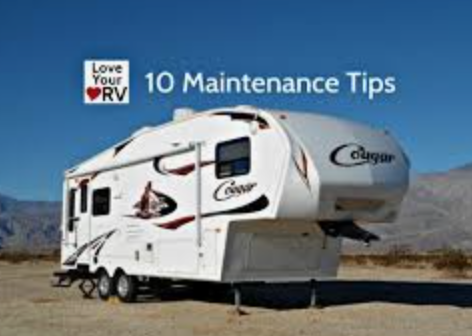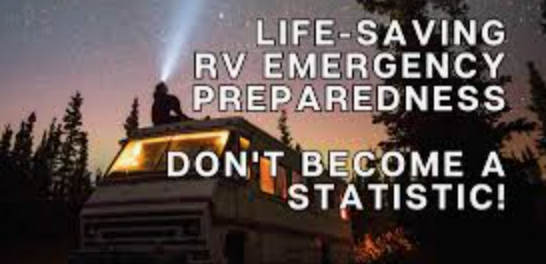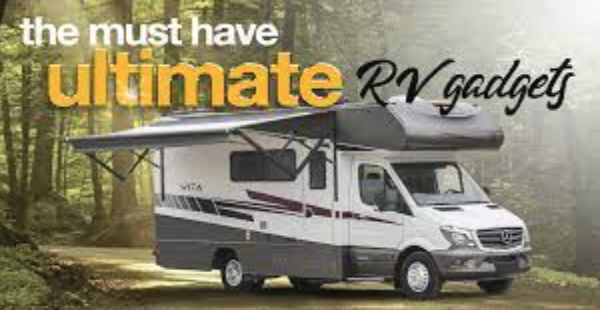Top Reasons to Purchase Decent RV Insurance
By: Carrie Todd | MobileRVing
“The American Dream”—for some people, traveling the open road within the comfort of their own home is their version of the dream. It’s one of the main reasons they buy motorhomes. Whether you want a full-time RVing adventure or you want your own mobile vacation accommodations, having adequate RV insurance is essential to meeting legal requirements, as well as providing financial security and peace of mind.
Depending on your specific state laws, there is a range of levels of coverage required. Most states require RV owners to have a certain amount of liability in case they are involved in an accident with a pedestrian or another vehicle. In order to protect your RV and your possessions, you need to have additional coverage over the amount mandated by your home state. Just how much you purchase is a personal decision based on your circumstances and needs.
Liability Insurance
Liability coverage is the insurance required for all vehicles regardless of how many wheels they have. It protects other motorists, covering their bodily injury costs, as well as the expense of repairing their property damage in the event that you are involved in a collision that is deemed your fault. Most states have a minimum amount they require, but this varies. Discuss it with your insurance provider.
Collision Coverage
Where liability insurance takes care of the medical and repair expenses for other drivers, collision coverage pays for the damage done to your own RV. Motorhomes, campers, and travel trailers are often a large investment, and repairing them can also be quite costly. Having to pay these expenses out of pocket could result in a huge financial burden that takes you off the road for years, if not indefinitely. Collision insurance provides more than peace of mind.
Medical Payments Coverage
Although liability insurance covers the medical expenses for other motorists in an accident where you are at fault, it does nothing to protect you and yours. In order to have protection covering your injuries, as well as those sustained by any passengers in your vehicle during an accident, you need medical payments coverage. Discuss your options with your insurance provider.
Personal Injury Insurance
This coverage isn’t available in all areas, so consult with your provider to see it you qualify. Personal injury insurance covers a range of expenses regardless of whose fault an accident is. Some of the aspects that it includes are medical bills, wages lost during recuperation, and funeral expenses when needed.
Comprehensive Coverage
Most damages to your RV, however, are likely to be caused by what is called “acts of God”. These include non-accident damages, such as from wind, storms, trees, and fires, etc. From major destruction to simple cosmetic dings and scratches, your comprehensive insurance helps cover the expenses of repairs. It additionally covers theft.
Related Read: Registering a Trailer or Camper: RV Paperwork is Important
Personal Effects Coverage
When you have personal effects coverage, the personal belongings within your RV are insured, as well. This protects you in case your home-on-wheels is burglarized or catches fire. It also compensates you if a power surge from the 50-amp you’re plugged into fries your refrigerator, television, and computers, for example, or if your carpet and upholstery are ruined due to a burst water line.
How Much Insurance Do You Need?
The amount of coverage you require is determined in part by your lifestyle, how expensive your RV is, how often you travel, and where you park or store it. Generally, if you’re making payments on a motorhome or travel trailer, you’re likely to be required to maintain up-to-date, comprehensive, full-coverage insurance.
If you live in your RV full-time, you probably want to keep it fully insured anyway, the same as you would a brick or stick house you owned. Regardless of how old it is, you’ve likely put some attention, money, and time into its renovation, restoration, or upkeep. You may have even installed newer appliances and electronic devices, and you want to ensure that your investments are fully protected. Furthermore, it would be a larger inconvenience if your rig were out of commission than if your RV is primarily used for short trips and vacations.
Another thing that determines how much insurance you need when your RV is truly only used for recreational purposes is how your RV is stored. There are several risk factors that you should consider when you store your vehicle that full-timers don’t. First, since it is unoccupied, it has a higher chance of being broken into, burglarized, or vandalized. Second, it is more likely to be damaged by hail, ice, sun exposure, or wind than if it is being constantly monitored. Although a locked garage or storage unit is a safer option than an open lot or your driveway, it still doesn’t provide a 100-percent guarantee. If your RV spends time out of use, you may want to pay a little extra for the insurance to off-set the additional risks.
How Do You Choose?
Research your options and speak directly to an agent. Make a list of your questions and concerns to refer to while you’re talking to him or her. Look for a company that has a good reputation of high-quality customer service and quick reimbursements. Compare policies, premiums (monthly, quarterly, or yearly payments), and deductibles (how much you would have to pay out of pocket before the insurance pays their portion). Check with the Better Business Bureau. Your insurance should protect you and provide peace of mind. You don’t want to discover you’re under-insured or that your provider is less than reputable when you need them the most.
In Conclusion
The purpose of insurance is to provide extra security when you need it and peace of mind when you don’t. The type of policy you choose is based on your level of risk. If you live full-time in your RV, the loss you would suffer if it was destroyed would be much greater than if you use it only for vacations. If you travel regularly, you would want more protection than if you live in one location year-round. You should feel comfortable with the amount of coverage you have, and remember to reconcile the expense of the premium against that of the deductible. RV insurance ensures that you won’t have to come up with a ton of out-of-pocket money when you can least afford it.
